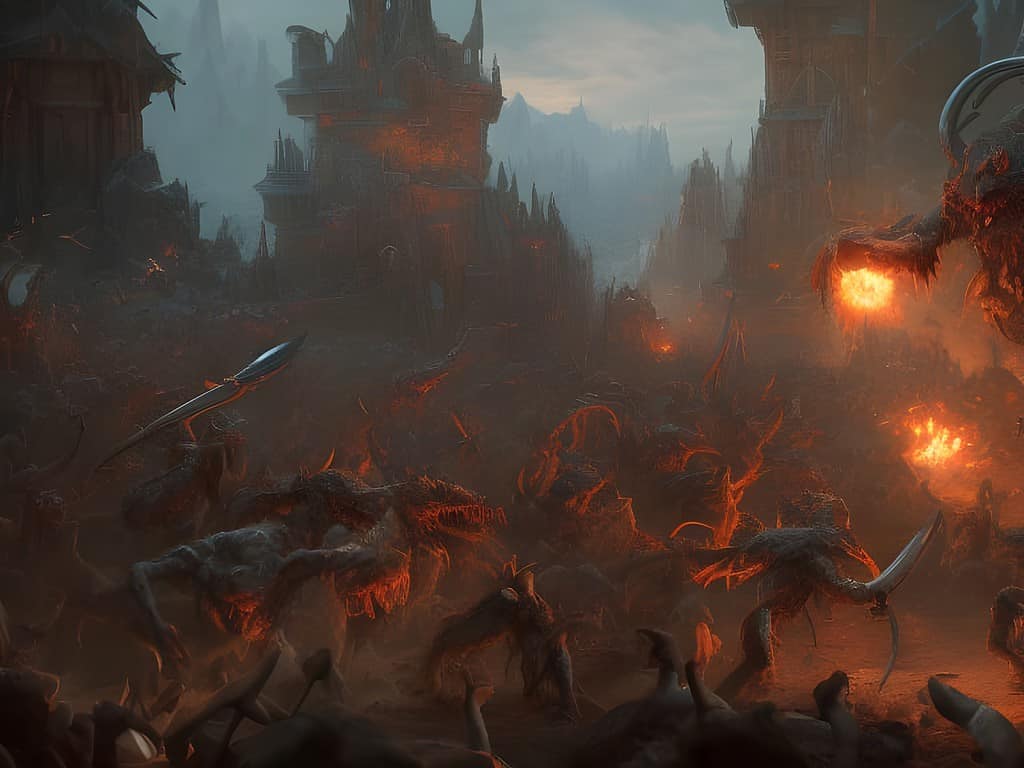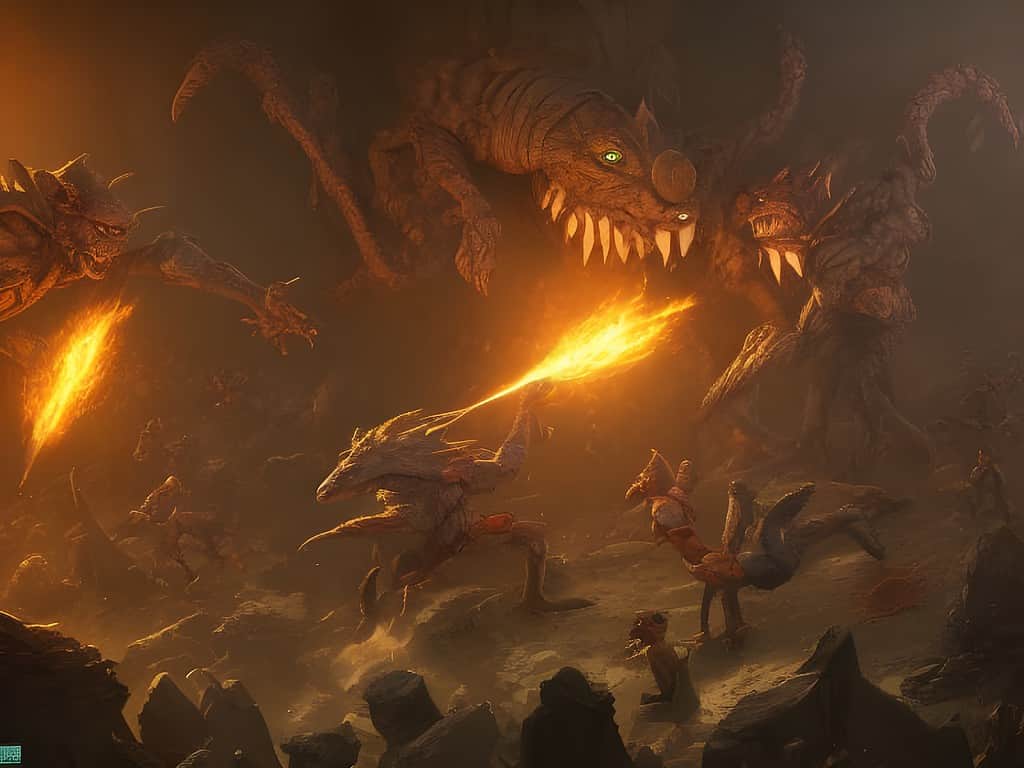You roll a 1 and instead of getting a critical hit, it is a critical failure! If you’ve been around tabletop roleplaying games for any length of time you know a critical failure, also called a fumble, is the worst possible roll you can make. Some systems have them, though for most it is an optional rule, let’s discuss them more.

First instance of crit failure
Advanced dungeons and dragons had some optional rules listed in a Dragon magazine that suggested a natural 1 is a critical failure or fumble. The actual Dungeons and Dragons rules from 1st edition and 2nd edition only ever said a 1 is an automatic failure. We as individuals and groups are the ones that created the idea that a 1 had to be a crit failure.
Causes of Critical Failure
Critical failure can happen for a variety of reasons, ranging from simple lousy luck to poor decision-making by players or the game master (GM). Here are some common causes of critical failure in tabletop RPGs:
- Poor Dice Luck: For the most part bad luck is all that causes a critical failure. This occurs when you roll a 1 on the dice used for the action typically an attack roll. There are other factors that can occur that might change the outcome to a critical failure (or fumble).
- Unfavorable Game Mechanics: Some mechanics either for the game system, abilities, items, etc. can change the state of a roll. Flanking, high ground vs. low ground, curses, spells, and other things can change the outcome of a roll. So if you roll a 1, have a debuff, perhaps failed a dex check last round to hold your weapon, and then fail your attack roll this round your GM may say you throw it and stab your ally.
- Player Choices: Critical failure can also occur due to poor decision-making. For example, attempting a risky action without considering debuffs, or other existing disadvantages may lead to a disastrous outcome.
- GM Adjudication: There is always the possibility that the GM decides it’s a critical failure regardless of how you roll. Since game masters play a big role in how the game progresses, it often comes down to their call but when one of the above reasons isn’t in the mix then we’ll just say it’s dungeon master shenanigans (keep your eyes open players).
For a history of critical hits check this article out
Consequences of Critical Failure
The consequences of a critical failure depend on the system being played. For most games where it’s an optional rule, they can differ wildly. Some include tables with a whole bunch of optional effects, while the base result is usually something like you dropping your weapon, breaking it, or hitting an ally, or yourself.
When critical failures don’t include combat it usually gets interpreted as being the most dire result possible. For example, in games where a roll is made for random encounters, and you critical fail it then it’s the worst encounter you can have that occurs.
Other things outside combat can be related to the outcome of an NPCs reaction. You could trip and throw the team’s resources into the lake and no longer have rations causing you to go back to town to buy more. Simply put a critical failure can cause severe setbacks for the mission and or narrative in general.

How crit failures affect players
In the long run, what I see occur is players becoming less interested in roleplaying because of critical failures. Imagine being in game after game where your natural 1’s on an attack or skill roll cause you to break your neck just for tying your shoe. Or every major fight you get in becomes significantly worse because you rolled that 1.
See, we all roleplay to create fun memories of doing something creative. If over time your memories become that of mess-ups and failures, you will become less likely to play.
Do critical failures help?
In a word: No. Critical failures can add some flair to your game. They can add some silliness if the game master uses them correctly. They can add to the storytelling, again, if used well.
In all the years I’ve rolled a critical failure I’ve never felt that it added anything to the game. I’ve come to the consensus that critical failures are often like adding a punishment on top of an already existing punishment.
Anytime you are in a situation where a roll could be determined as a crit failure, it’s already been written off as a miss or failed action. Compounding it from that to a critical failure is just adding insult to injury.
Should you include critical failures?
I don’t suggest having a rule in place that causes 1’s to be critical failures. Instead, I suggest using 1’s as storytelling chances. If someone rolls a failure or miss you can describe the attempt as going wildly off course like this:
“You sneeze the instant just before pulling the trigger and your shot goes sailing off behind you”.
Some of you may start wondering if it hits someone or something behind you, which in my opinion is just trying to game the system. Stop being that kind of a rules lawyer. It’s a waste of the group’s time and energy. These kinds of moments are nothing more than flavor text, or fun imagery.
